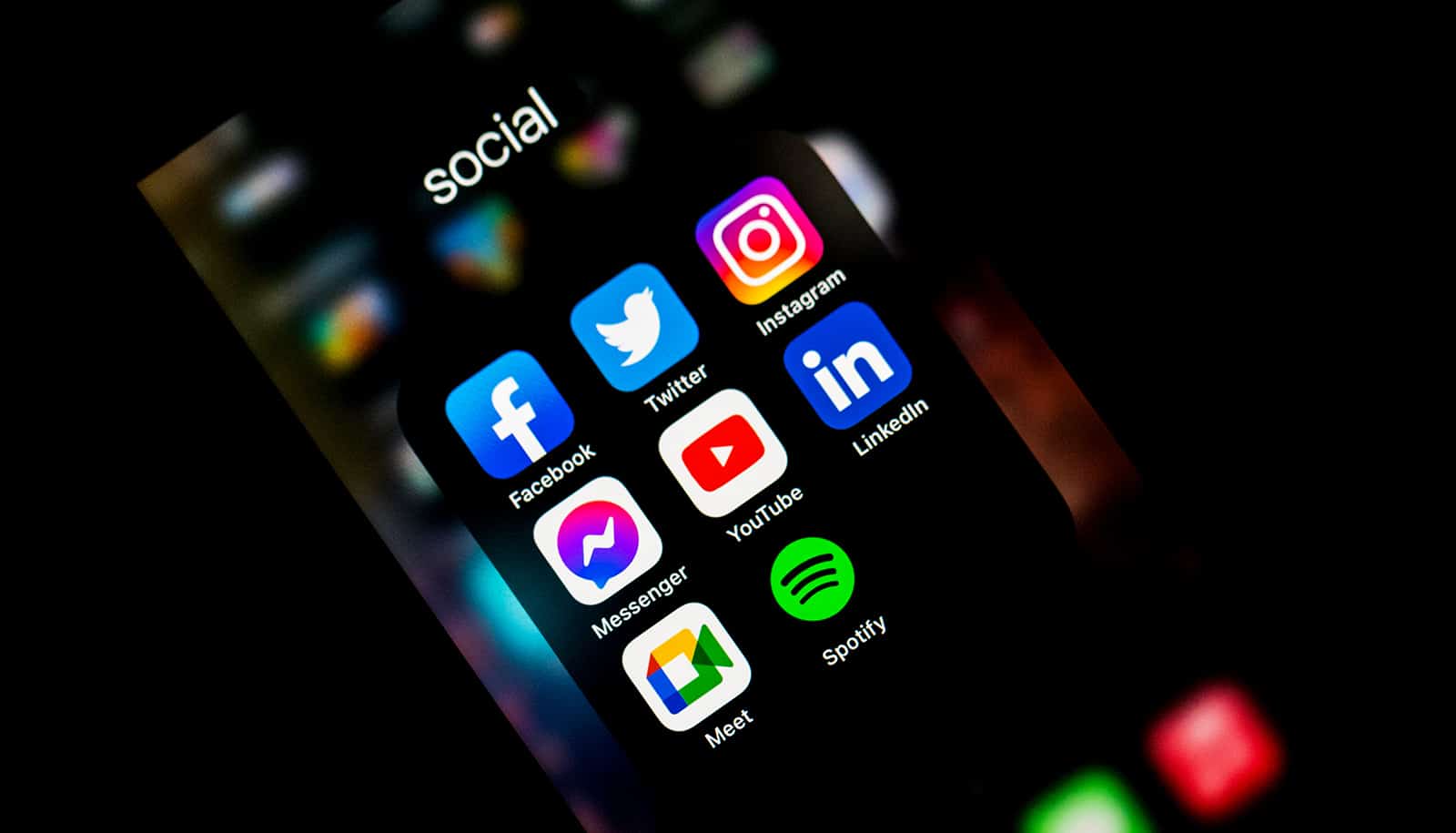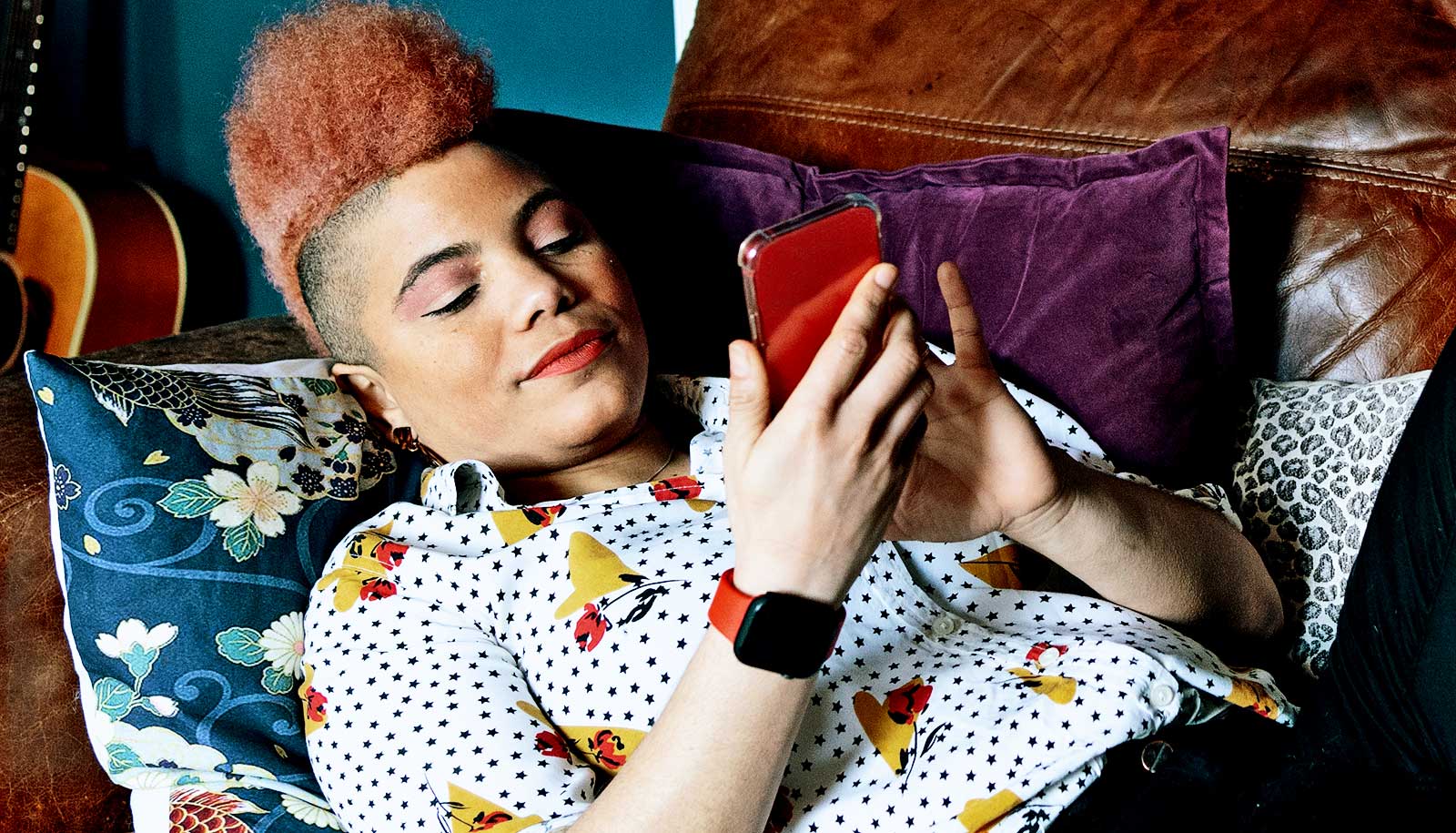Sharing news articles on social media can make us think we know more about the topic at hand than we actually do, research indicates.
Social media sharers believe that they are knowledgeable about the content they share, even if they have not read it or have only glanced at a headline. Sharing can create this rise in confidence because by putting information online, sharers publicly commit to an expert identity. Doing so shapes their sense of self, helping them to feel just as knowledgeable as their post makes them seem.
This is especially true when sharing with close friends, according to a new paper from Susan M. Broniarczyk, professor of marketing, and Adrian Ward, assistant professor of marketing, at the University of Texas at Austin’s McCombs School of Business.
The research appears in the Journal of Consumer Psychology. The findings are relevant in a world in which it’s simple to share things online without reading it. Recent data from the Reuters Institute for the Study of Journalism show only 51% of consumers who “read” an online news story actually read the whole article, while 26% read part, and 22% looked at just the headline or a few lines.
Broniarczyk, Ward, and Frank Zheng, a McCombs marketing doctoral graduate, conducted several studies that support their theory. In an initial one, the researchers presented 98 undergraduate students with a set of online news articles and told them they were free to read, share, or do both as they saw fit. Headlines included “Why Does Theatre Popcorn Cost So Much” and “Red Meats Linked to Cancer.”
Next, they measured participants’ subjective and objective knowledge for each article—what the students thought they knew, and what they actually knew. Reading articles led to increases in both objective and subjective knowledge. Sharing articles also predicted increases in subjective knowledge—even when students had not read what they chose to share, and thus lacked objective knowledge about the articles’ content.
In a second study, people who shared an article about cancer prevention came to believe they knew more about cancer than those who did not, even if they had not read the article.
Three additional studies found this effect occurs because people internalize their sharing into the self-concept, which leads them to believe they are as knowledgeable as their posts make them appear. Participants thought they knew more when their sharing publicly committed them to an expert identity: when sharing under their own identity versus an alias, when sharing with friends versus strangers, and when they had free choice in choosing what to share.
In a final study, the researchers asked 300 active Facebook users to read an article on “How to Start Investing: A Guide for Beginners.” Then, they assigned students to a sharing or no sharing group. All participants were told the content existed on several websites and saw Facebook posts with the sites. Sharers were asked to look at all posts and choose one to share on their Facebook page.
Next, in a supposedly unrelated task, a robo-advised retirement planning simulation informed participants that allocating more money to stocks is considered “more aggressive” and to bonds “more conservative,” and they received a customized investment recommendation based on their age. Participants then distributed a hypothetical $10,000 in retirement funds between stocks and bonds: Sharers took significantly more investment risk. Those who shared articles were twice as likely to take more risk than recommended by the robo-advisor.
“When people feel they’re more knowledgeable, they’re more likely to make riskier decisions,” Ward says.
The research also suggests there’s merit to social media companies that have piloted ways to encourage people to read articles before sharing.
“If people feel more knowledgeable on a topic, they also feel they maybe don’t need to read or learn additional information on that topic,” Broniarczyk says. “This miscalibrated sense of knowledge can be hard to correct.”
Source: Jeremy Simon for UT Austin



